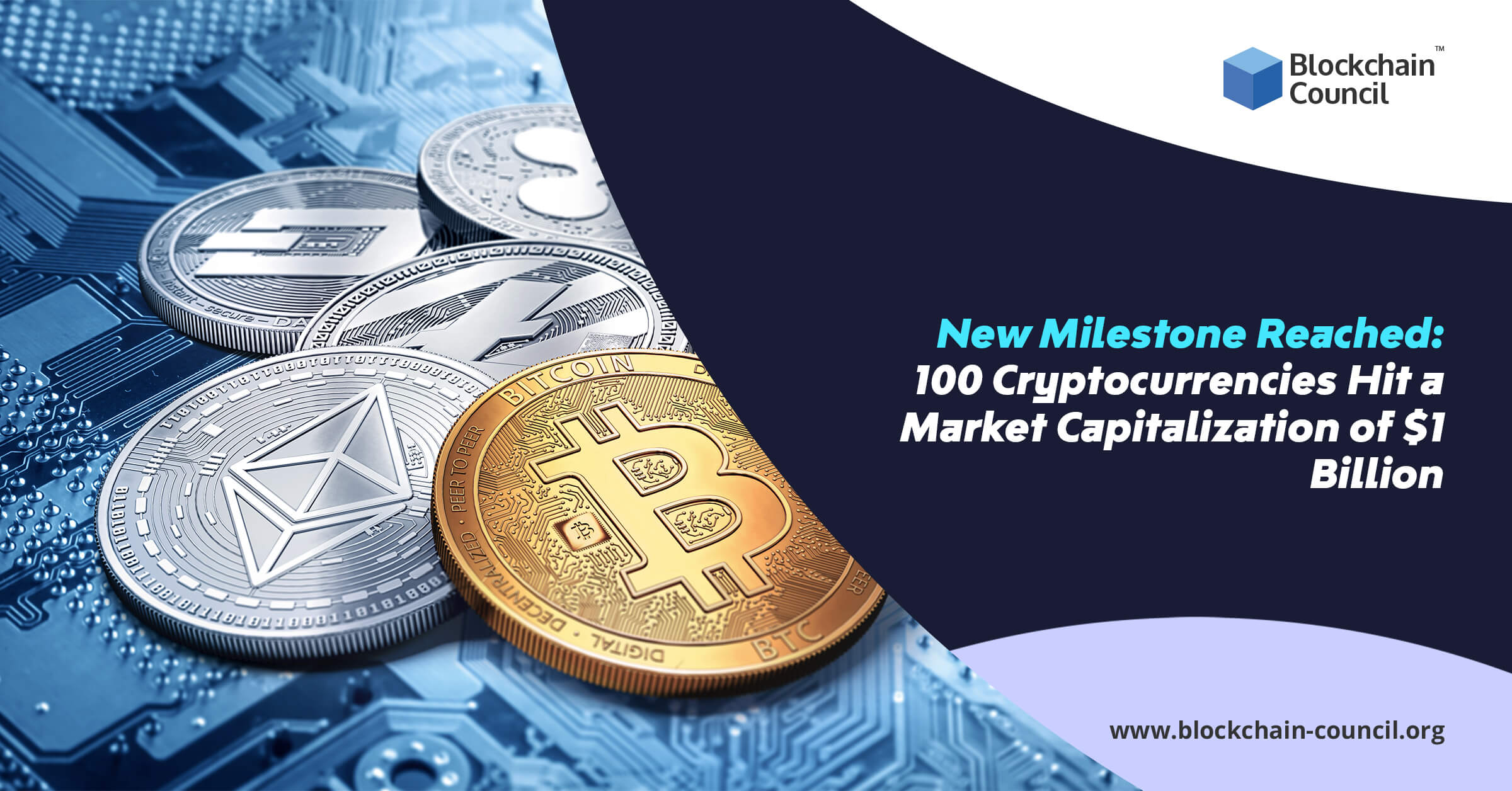
- Blockchain Council
- January 22, 2025
In January 2025, Jio Platforms Limited (JPL), a branch of Reliance Industries Limited, revealed a collaboration with Polygon Labs. This partnership focuses on integrating blockchain and Web3 technologies into Jio’s extensive digital services, aiming to provide enhanced user experiences for more than 450 million customers.
A Closer Look at Web3 and Blockchain
Web3 represents a shift in how the internet operates, focusing on decentralization and giving users control over their digital activities. Unlike traditional systems, Web3 makes use of blockchain technology to empower users with more authority over their data and online interactions.
Blockchain itself is a distributed digital ledger that records transactions securely across multiple systems. Each block is linked to the previous one, containing a timestamp, transaction details, and a cryptographic reference, ensuring transparency and security across the network.
The Collaboration Between Jio and Polygon
Shared Goals
The collaboration between Jio and Polygon centers on incorporating Web3 tools into Jio’s digital platforms. By utilizing Polygon’s advanced blockchain systems, Jio plans to deliver services that prioritize privacy, security, and personalization for its vast customer base.
Insights from Leaders
JPL’s CEO, Kiran Thomas, commented on the partnership, expressing excitement about exploring new possibilities with Web3 to deliver innovative solutions to users. Sandeep Nailwal, co-founder of Polygon Labs, also highlighted this collaboration as a milestone for Web3’s presence in India and expressed optimism about working with Jio to bring blockchain to millions.
Practical Applications of the Partnership
JioCoin: A Blockchain-Based Token
As an outcome of this partnership, Jio has introduced “JioCoin,” a token based on blockchain technology. Customers can earn these tokens by engaging with various Jio apps, with tokens being tied to mobile numbers registered in India. Though the company hasn’t disclosed a fixed monetary value for these tokens, they may eventually be used for mobile recharges, utility payments, or other Jio services.
Integration with JioSphere
Polygon’s blockchain solutions are being incorporated into Jio’s web platform, JioSphere. This integration will introduce decentralized applications, enabling secure payments, digital identity management, and entertainment, all within a unified ecosystem.
The Broader Implications for India
Boosting Web3 Usage
This partnership represents a major leap in India’s adoption of blockchain technologies. By embedding Web3 capabilities into popular services, Jio and Polygon are encouraging mainstream usage of decentralized tools.
Enhancing User Control
Through Web3 technologies, users will gain better control over their data and online presence. This reduces dependency on centralized systems while enhancing privacy and security.
Economic Potential
The blockchain-based rewards system, such as JioCoin, could open up fresh economic opportunities. These tokens might be used for transactions, contributing to a new digital economy that rewards engagement and participation.
Key Developments in the Partnership
JioCoin and User Engagement
JioCoin, launched as part of the blockchain initiatives, rewards customers for engaging with Jio platforms. Users can earn these tokens by completing specific actions or tasks across Jio’s applications. Though detailed information about their monetary value or exchangeability remains unavailable, JioCoins are expected to be redeemable for services like mobile payments or exclusive content.
Upgrading Existing Services
Jio aims to integrate blockchain with its current services to enhance functionality. Examples include:
- JioPay: Blockchain could ensure secure, faster financial transactions.
- JioHealth: Decentralized health data storage would give users greater control over their records.
- JioTV and JioCinema: Blockchain might manage rights and royalties transparently.
Harnessing Polygon’s Capabilities
Polygon’s platform provides the foundation for scaling blockchain applications efficiently. Key features include:
- Lower Costs: Polygon’s solutions significantly cut transaction expenses, making blockchain accessible for large audiences.
- High Speed: The system can handle thousands of transactions per second, ensuring smooth user interactions.
- Interoperability: Compatibility with Ethereum and other blockchains supports diverse use cases.
Jio’s adoption of Polygon ensures its blockchain offerings are not only scalable but also efficient and user-friendly.
Transforming India’s Digital Ecosystem
Increasing Blockchain Awareness
This partnership is a stepping stone toward widespread blockchain adoption. By integrating blockchain into widely used platforms, Jio and Polygon are promoting both awareness and trust in this technology.
User Empowerment Through Web3
One of the main objectives of Web3 is to place users in control. Jio’s initiatives, like decentralized identity solutions and JioCoin, aim to reduce reliance on centralized systems while giving users ownership of their data and digital interactions.
Economic Advantages
Introducing blockchain-based tokens and services could benefit India’s digital economy in several ways:
- Microtransactions: Seamless small-scale transactions could create new revenue opportunities.
- Gig Economy Support: Freelancers and gig workers could experience faster and more reliable payments.
- Tokenized Rewards: Companies could use blockchain tokens to enhance customer loyalty and engagement programs.
Conclusion
The collaboration between Jio Platforms and Polygon Labs marks a turning point for India’s digital evolution. By embracing blockchain and Web3 technologies, Jio is set to provide its customers with innovative, secure, and privacy-focused services. This partnership not only promotes Web3 adoption on a national scale but also sets an example for other businesses to explore decentralized solutions for the future.



































































 Guides
Guides News
News Blockchain
Blockchain Cryptocurrency
& Digital Assets
Cryptocurrency
& Digital Assets Web3
Web3 Metaverse & NFTs
Metaverse & NFTs
